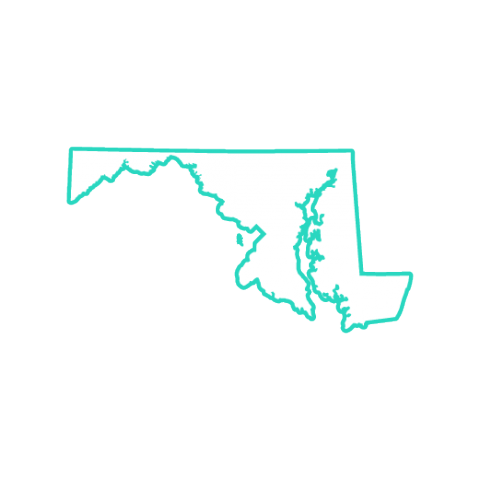
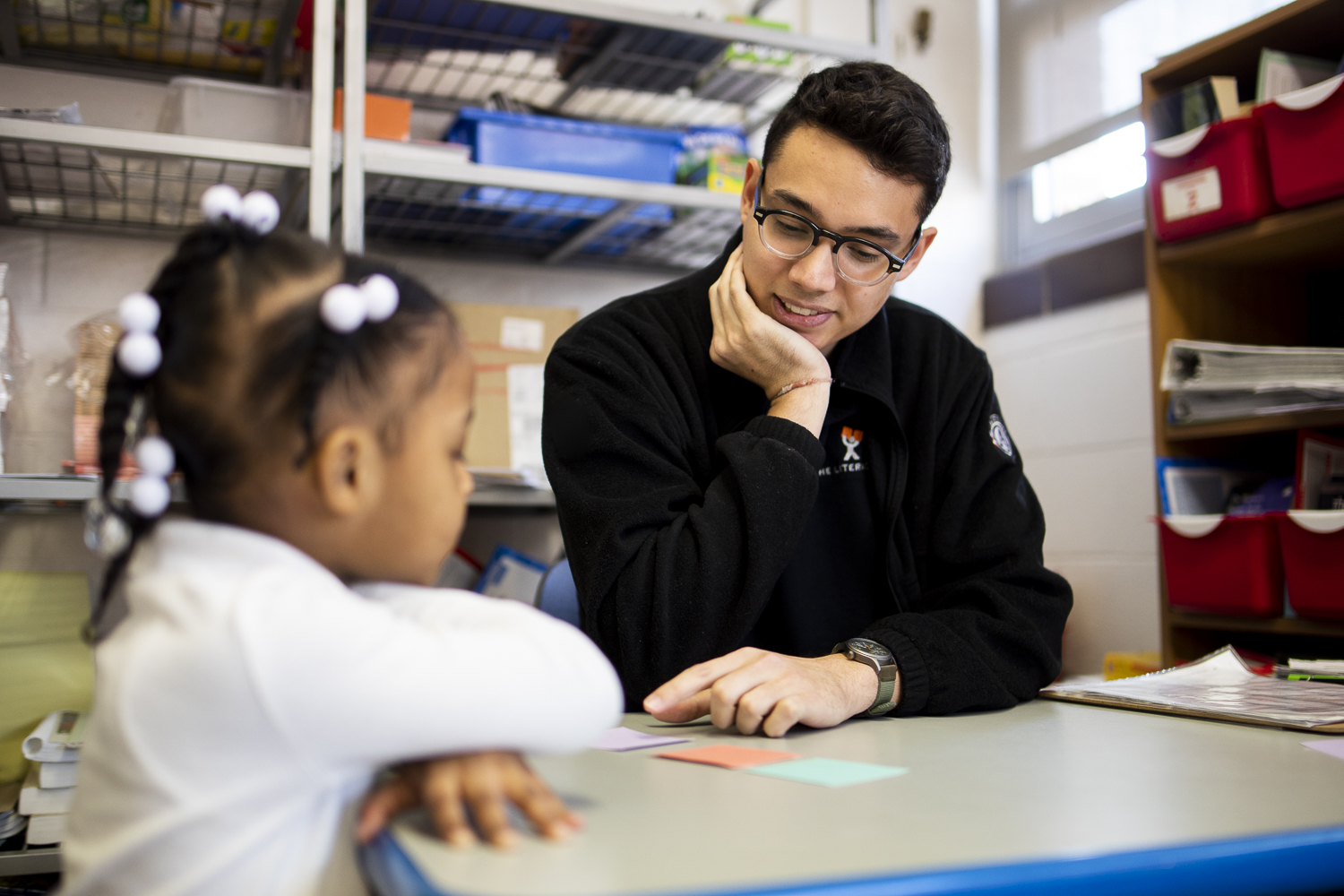
WHERE WE WORK
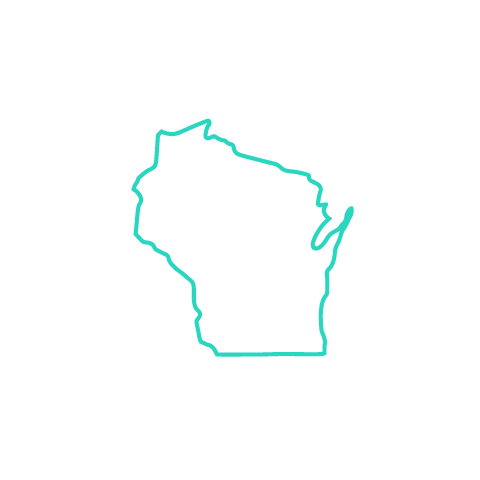

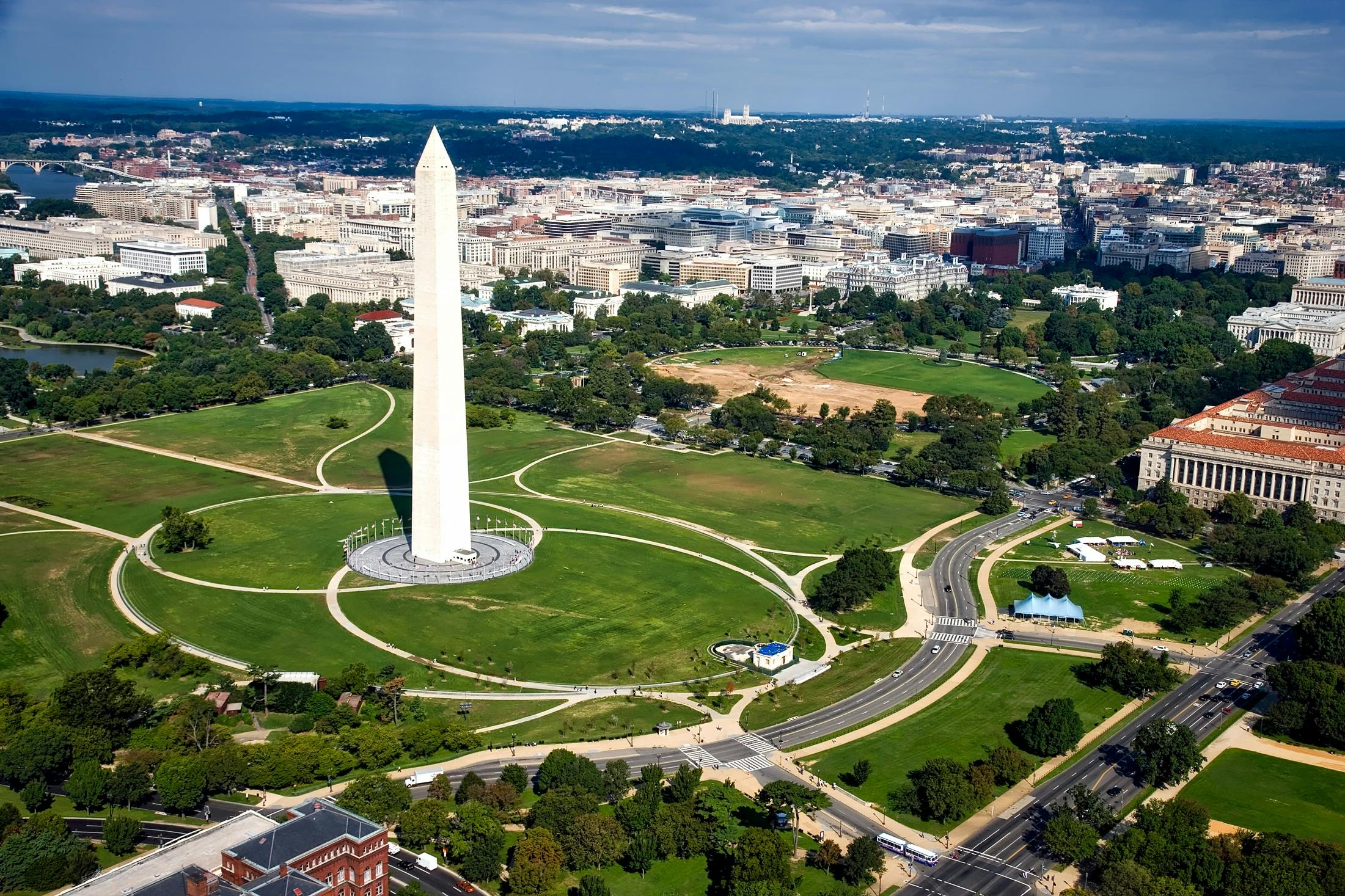
Metro DC
7 out of 10 4th graders in Washington, DC are not proficient in reading.
- Although Washington, DC is the seat of power for our country, children living in the shadow of the Capitol have been challenged academically. The District of Columbia has consistently ranked last in many educational rankings. Within sight of the Capitol are schools where over 80% of children do not read on grade level.
- Recently, this has begun to change. The District of Columbia is at the heart of the education reform movement and has recently seen the fastest rate of improvement of any urban school district in the nation. The Literacy Lab was founded in Washington, DC and has served over 5,000 children in the District since 2009. The Literacy Lab is deeply committed to continuing this trend of improvement for the city’s youngest residents.
- The Literacy Lab partners with DC Public Schools and several public charter schools.
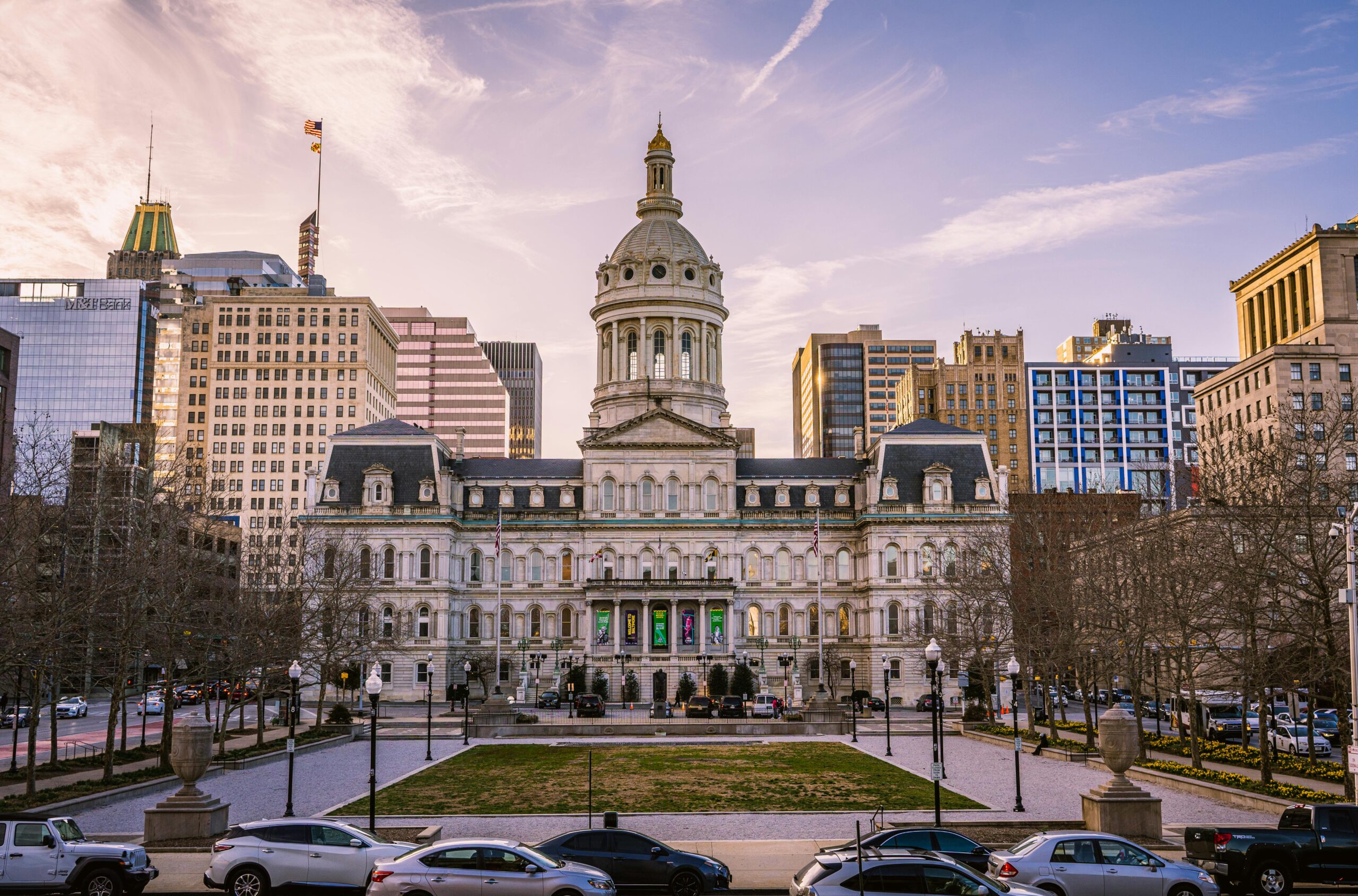
Baltimore, MD
Only 13% of Baltimore’s 4th graders read proficiently.
- For many decades, Baltimore and its port were gateways connecting the nation to the rest of the world. In recent years, however, dramatic economic change has left the city struggling to keep up. Baltimore has a large and pressing need for early literacy intervention.
- According to the 2015 National Assessment of Education Progress (NAEP), only 13% of Baltimore City Public School’s 4th graders could read on grade level. The key to reversing this statistic lies in high-quality early childhood education and evidence-based intervention, because closing a gap this wide needs to begin in the first years of life.
- The Literacy Lab partners with the Maryland State Department of Education (MSDE) and Baltimore City Public Schools to support comprehensive, full-service early education centers called Judy Centers. The Literacy Lab is proud to partner on this important initiative to help close the achievement in Baltimore as a way to help create long-term change for residents.
- The Literacy Lab is proud to partner with the Governor’s Office on Service and Volunteerism to implement its programs in Maryland.
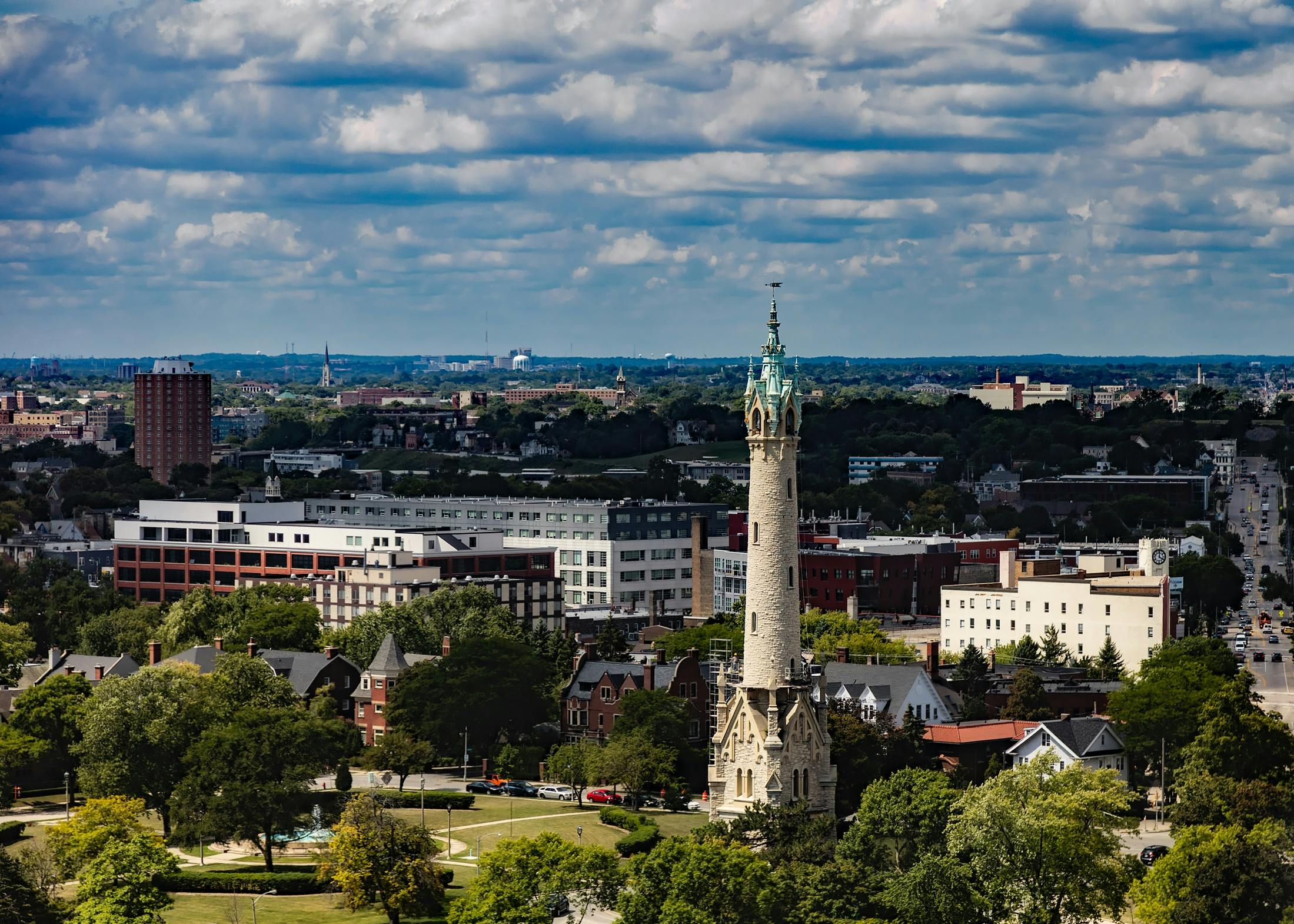
Milwaukee, WI
Wisconsin has the largest measured achievement gap in the country.
- The Literacy Lab launched its Fellowship in Milwaukee, WI in the 2018-2019 school year, partnering with Milwaukee Public Schools and Next Door Milwaukee to place Fellows in pre-K classrooms and provide early literacy support across the city.
- In Milwaukee, only 18% of pre-K students are enrolled in a high-quality childcare program that prepares them for Kindergarten and to be life-long learners.
- Wisconsin was one of nine states that saw a decline in reading scores amongst fourth graders on national standardized tests in 2017.

Cincinnati, Ohio
- The Literacy Lab launched its Fellowship in Cincinnati, OH in the 2022-2023 school year, partnering with Cincinnati Public Schools and Learning Grove to place Fellows in pre-K classrooms and provide early literacy support across the city. This was made possible through the generosity of Governor Mike Dewine and the helpful guidance of Ohio Department of Education.
- On average, more than 60% of Cincinnati students entered Kindergarten without the fundamental skills need to fully participate in classroom curriculum.
- The true cost of child care that meets base-quality licensing standards and high-quality standards in Ohio are startling. Base-quality childcare has an estimated cost of around $9,200 per year versus high-quality childcare costing around $16,700 for preschool-aged children.
- In the 2020-2021 academic school year, the State of Ohio had its first year with under 50% of students below kindergarten readiness at 47%.

Atlanta, GA
- The Literacy Lab launched its Fellowship in Atlanta, GA in the 2022-2023 school year, partnering with Atlanta Public Schools and Sheltering Arms to place Fellows in pre-K classrooms and provide early literacy support across the city.
- In 2021-2022 statewide testing, nearly half (47.02%) of 3rd graders performed below grade-level milestones, compared to 36% statewide (GADOE).

